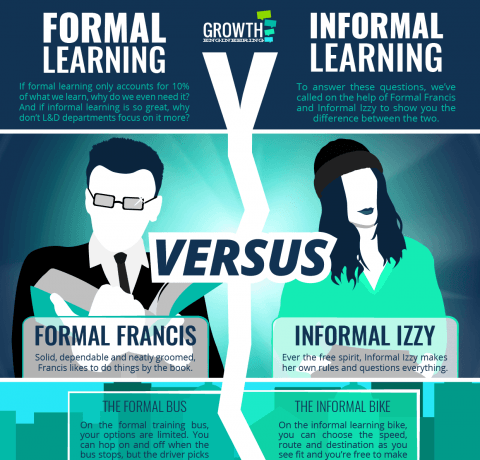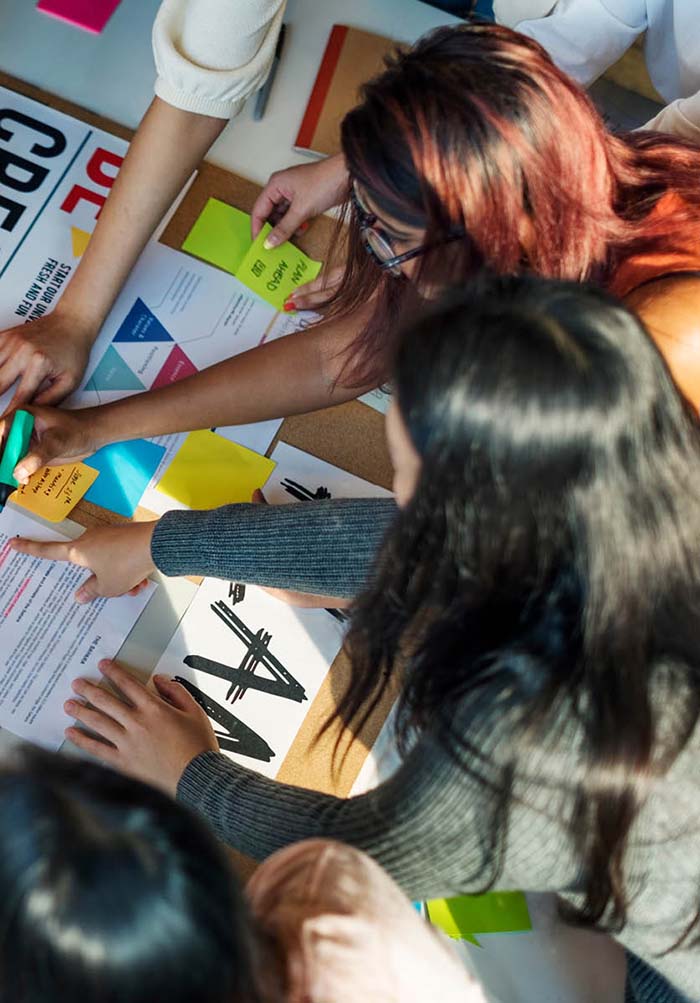

However, it complements the formal education within the process of lifelong learning of an individual. It is important to note that non-formal education is not a substitute for formal learning. While both schools and after-school programs serve students, at school blossom in after-school settings. A non-formal education is framed in accordance with specific requirements of a certain skill or job.

After-school programs offer a different kind of environment, where ones activities don't need to be as formal and once can easily reach the audience. Both formal and informal education settings offer different strengths to educational outreach project. And non formal education takes place in variety places which are not education specific and the facilities that are used are minimalism and low cost. Informal education happens outside the classroom, in after-school programs, community-based organizations, museums, libraries, or at home. Formal education takes place in highly visible and expensive institutions called school, whose sole purpose is education. Formal education is classroom-based, accompanied by trained teachers. Many non-traditional education options are now available and continue to evolve.įormal and Non Formal Education has basic differences. In addition there is an array of education possible at the informal level, such as in museums and libraries, with the Internet and in life experience. There is also education in fields for those who want specific vocational skills, such as those required to be a pilot. This process is sometimes called schooling when referring to the education of teaching only a certain subject, usually as professors at institutions of higher learning. Teachers in educational institutions direct the education of students and might draw on manysubjects, including reading, writing, mathematics, science and history. In its technical sense, education is the process by which society deliberately transmits its accumulated knowledge, skills and values from one generation to another.Įtymologically, the word education is derived from educare (Latin) "bring up", which is related toeducere "bring out", "bring forth what is within", "bring out potential" and ducere, "to lead". Education in the largest sense is any act or experience that has a formative effect on the mind,character or physical ability of an individual.


 0 kommentar(er)
0 kommentar(er)
